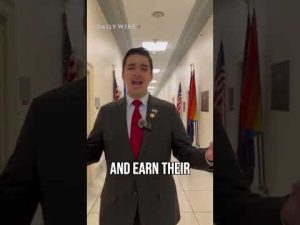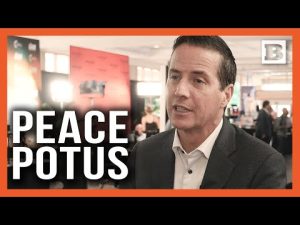In the current political climate, debates swirl around issues both concrete and conspiratorial. The recent heated discussion concerning the Jeffrey Epstein list exemplifies the tension between substantiated facts and speculative theories. President Trump’s administration has dismissed the discourse surrounding the so-called Epstein list as nothing more than another political hoax crafted by his opponents. In his view, the attention directed at this elusive list distracts from real political accomplishments and serves as fodder for divisive narratives that detract from the nation’s progress.
First, it’s essential to sift through the noise to understand the core of this messaging. Trump consistently argues that fixation on conspiracy theories detracts from substantive policy achievements made during his administration. By dubbing concerns over the Epstein list a distraction promoted by Democrats, it is suggested that focusing on unverified claims benefits only those eager to derail meaningful political conversations. Instead, Trump urges reflection on the nation’s economic successes, improved international relations, and stronger domestic policies that, he asserts, have been accomplished under his watch.
Critics who cling to the “Epstein list” narrative exemplify a broader issue in America today: the blurring of fact and speculation. In a world where information is rapidly shared and often unchecked, it’s easy to understand how unconfirmed stories gain traction. However, there is a need for discernment—a critical examination of sources and motivations behind these allegations. Without solid evidence supporting the existence or significance of such a list, the debate remains in the realm of conjecture, thereby wasting resources and attention that could be better allocated to proven issues facing the country.
Furthermore, there is a critical lesson about personal responsibility. If citizens are genuinely concerned about the well-being of others, actions should reflect that concern. Instead of focusing on internet discussions with questionable factual basis, there are many real-world issues to address—such as child safety and trafficking—where direct actions could help make an impact. Whether supporting local organizations or participating in community safety initiatives, focusing energy on tangible efforts can lead to meaningful change.
Lastly, this stance serves as a reminder to evaluate political narratives critically. It’s easy in the heat of political discourse to get caught up in sensational stories that seem to promise shocking revelations. But voters must focus on policies, leadership track records, and fact-based debates as they prepare for elections. Political strategy should be centered around American values of truth, justice, and responsibility, rather than getting lost in tales that detract from substantial policy discussions.
As the nation moves towards another election cycle, the focus must remain on verified truths and meaningful debates. While fervor around sensational stories may be tempting, America thrives on thoughtful engagement and informed decision-making. In the end, this approach will guide the nation forward, embracing its foundational principles of democracy and progress.







